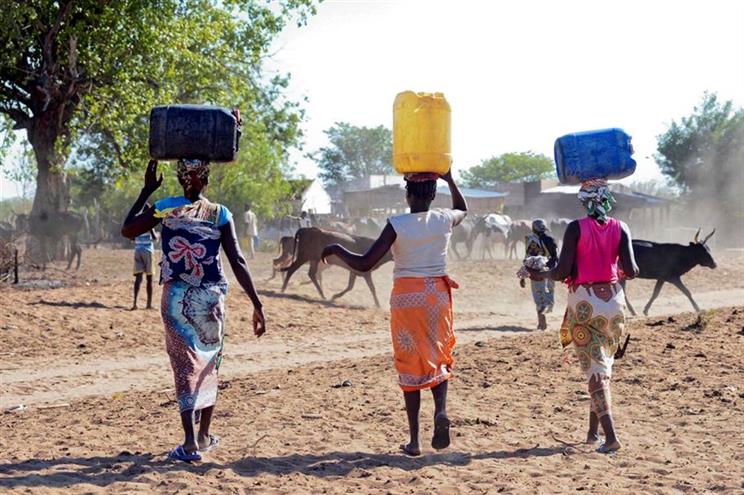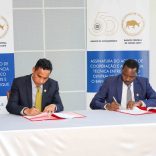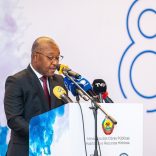Mozambique: Rate cut decision driven by single-digit inflation outlook, FX stability – central ...
Mozambican LNG: a boost to sentiment rather than to the pocket

Lusa (File photo)
Italy’s Eni reached a final investment decision (FID) on June 1st for its planned floating liquefied natural gas (FLNG) project on the Area 4 block in the Rovuma Basin. This is undoubtedly a major milestone in the development of the Rovuma Basin, which, with estimated resources of some 150trn cu ft, has the potential to become globally significant.
After gas was discovered in 2010, Eni is the first company to take an FID in the basin and the US$2.5bn Coral project will be the first to come on stream, with production of 3.4m tonnes/year when the plant reaches full capacity. Start‑up is slated for 2021, with first cargo in 2022, making it the world’s third FLNG scheme. For the industry, this is a vote of confidence for what is still relatively new technology and a further signal that investment in the offshore sector is on a path of recovery after the 2015‑16 low.
For Mozambique, the impact of the Coral FLNG project on the real economy during the construction phase will be limited by the developers’ reliance on imported goods and services, and the net impact on the capital account will be modest as higher foreign direct investment offsets higher imports.
When the gas comes on stream, export earnings will support the trade balance, but, since the commercial terms of a 20‑year sales agreement with the UK’s BP have not been made public, the scale of earnings remains unknown. The level of royalties and taxes that the government stands to earn have also not been made public, but we doubt that these will transform the public finances—particularly in the early years of production as investment is recouped.
However, the boost to sentiment is arguably more important than the direct economic impact of the project. Eni’s FDI is welcome evidence that Mozambique’s often unwieldy state bureaucracy can be navigated, and that banks (with guarantees from five export credit agencies) are prepared to lend to energy projects in frontier markets.
With the government attempting to convince its creditors that it will eventually be able to repay the debt that it owes, the prospect of first gas in the early 2020s will go some way to reassuring lenders over the country’s long-term potential. FID on the Coral project has been reached earlier than we had expected. We will therefore revise up our forecasts for imported goods and services and foreign direct investment in 2018‑20.












Leave a Reply
Be the First to Comment!
You must be logged in to post a comment.
You must be logged in to post a comment.